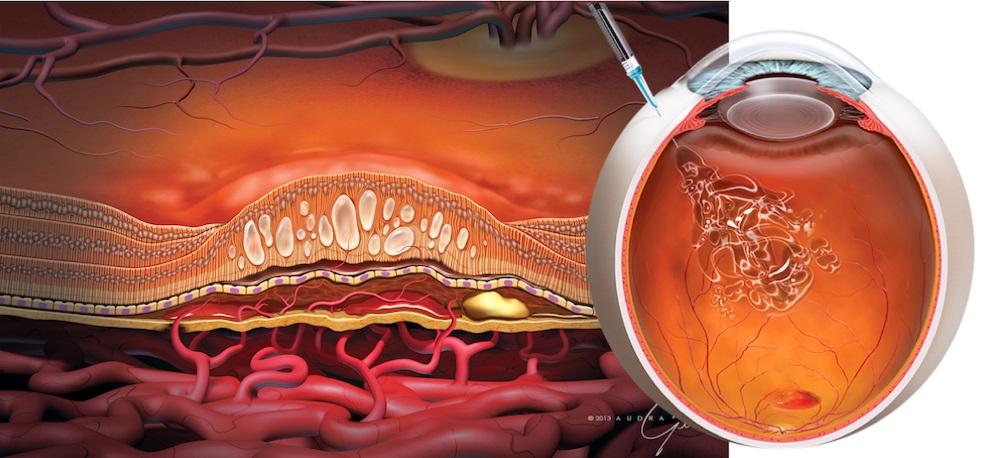Unlocking the Visionary World of Retinal Drugs: A Comprehensive Guide
The human eye is a marvel of complexity and precision, and the retina plays a pivotal role in our ability to see and perceive the world around us. As technology and medical research advance, retinal drugs have emerged as a powerful tool in preserving and enhancing our vision. In this article, we'll delve into the fascinating world of retinal drugs, exploring their functions, significance, and the conditions they aim to address.
Understanding the Retina: The Window to Vision
The retina is a thin layer of tissue at the back of the eye that contains millions of photoreceptor cells responsible for capturing and transmitting light signals to the brain. It acts like the film in a camera, processing visual information, and enabling us to see the world in all its vivid detail.
Retinal Diseases: The Battle for Clarity
Various eye conditions can affect the retina, compromising our vision. These conditions may include:
· Macular Degeneration: A leading cause of vision loss, macular degeneration damages the macula, the central part of the retina, leading to blurry or distorted vision.
· Diabetic Retinopathy: A complication of diabetes, this condition damages blood vessels in the retina, resulting in vision problems.
· Retinal Detachment: The retina can detach from the back of the eye, leading to vision loss and requiring immediate medical attention.
· Retinitis Pigmentosa: This genetic disorder causes progressive vision loss, affecting the peripheral vision first.
Enter Retinal Drugs: Guardians of Vision
Retinal drugs are pharmaceutical interventions designed to address and manage retinal diseases. They come in various forms, including:
· Anti-VEGF Drugs: These drugs target vascular endothelial growth factor (VEGF) to inhibit abnormal blood vessel growth in conditions like wet age-related macular degeneration and diabetic retinopathy.
· Corticosteroids: Corticosteroids reduce inflammation in the eye, often used to treat conditions like uveitis and macular edema.
· Retinoids: These compounds, like Vitamin A, are vital for maintaining retinal health and are sometimes used in treating retinitis pigmentosa.
· Anti-Inflammatory Drugs: These drugs help manage inflammation in the eye, beneficial in various retinal conditions.
The Impact of Retinal Drugs
The development of retinal drugs has revolutionized the treatment of retinal diseases. Patients now have options to slow the progression of vision loss, stabilize their condition, and sometimes even regain lost vision.
Challenges and Considerations
While retinal drugs offer hope and progress, they are not without challenges. Frequent injections, potential side effects, and the need for continuous monitoring are aspects that patients and healthcare providers must consider.
The Future of Retinal Drugs
The field of retinal drugs continues to evolve. Ongoing research seeks to enhance drug delivery methods, reduce side effects, and develop new treatments for previously untreatable conditions.
Retinal drugs represent a significant advancement in the field of ophthalmology. They offer a lifeline to individuals with retinal diseases, helping them preserve and improve their vision. As technology and medical research continue to progress, we can anticipate even more promising developments in the world of retinal drugs, unlocking a brighter future for those in need.
To explore retinal drugs further, consult with a qualified eye care specialist. They can provide insights tailored to your specific needs and conditions, guiding you toward the best approach to safeguarding your vision.


